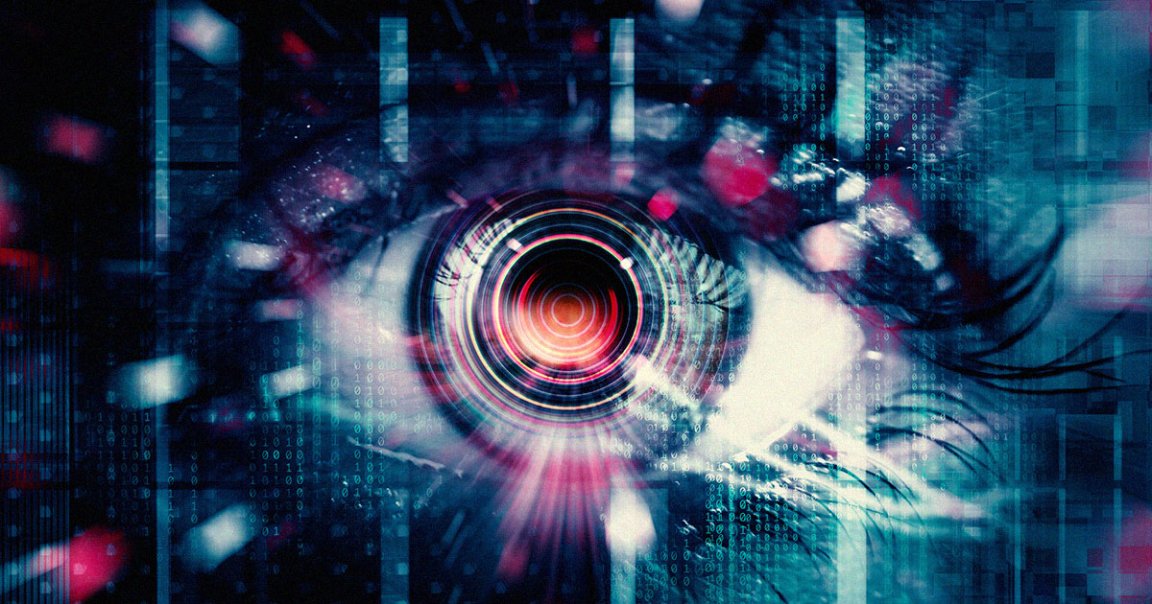
Fake Front
At a Bloomberg technology summit on Friday, several industry experts spoke out against AI’s deceptive facade, warning their audience that it’s not the “magic” that it appears to be. This innocuous, magical appearance, they argue, leaves the public oblivious to just how intrusive and exploitative the tech can be.
To kick things off, Alex Hanna, director of research at the Distributed AI Research Institute, called out the CEOs of popular generative AI companies — including Sam Altman of OpenAI and Emad Mostaque at Stability AI — for hiding the fact that their products are powered by human grunts.
“We know from reporting that there is an army of workers who are doing annotation behind the scenes to even make this stuff work to any degree,” Hanna said, as quoted by TechCrunch.
“They are actually doing the labeling, whereas Sam and Emad and all these other people who are going to say these things are magic — no, there’s humans,” she added.
“These things need to appear as autonomous and it has this veneer, but there’s so much human labor underneath it.”
Data Churner
As president of the foundation behind the encrypted messaging app Signal, Meredith Whittaker’s concerns leaned more towards privacy, something that chatbots like ChatGPT threaten to undermine.
“I would say maybe some of the people in this audience are the users of AI, but the majority of the population is the subject of AI,” Whittaker claimed. “This is not a matter of individual choice.”
Whittaker gave the example of someone who gets denied after applying for a bank loan, explaining that they’d have “no idea that there’s a system in [the] back probably powered by some Microsoft API that determined, based on scraped social media, that I wasn’t creditworthy.”
“I’m never going to know, there’s no mechanism for me to know this,” she added.
Not only do these AI models operate out of public view, Whitaker continues, they also serve as “surveillance technology.” They surveil us through “massive datasets” collected from humans, which eventually become “pooled in the hands” of AI firms. Those datasets were scraped from billions of web pages, virtually gleaning data on anyone that’s ever used the internet without their permission.
“That data becomes data about me,” she added. “It doesn’t need to be correct. It doesn’t need to be reflective of who I am or where I am. But it has power over my life that is significant, and that power is being put in the hands of these companies.”
More on AI: Predators Are AI-Generating “Really Evil” Child Sex Abuse Images, Experts Warn